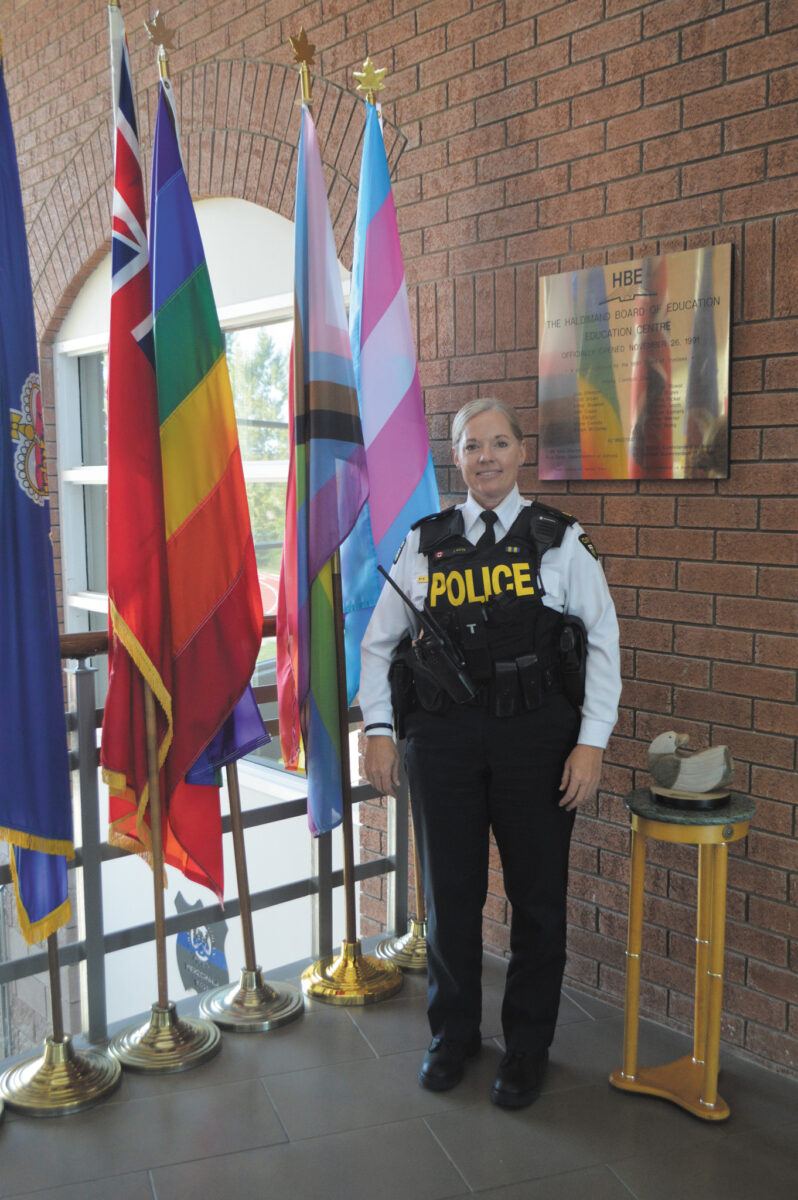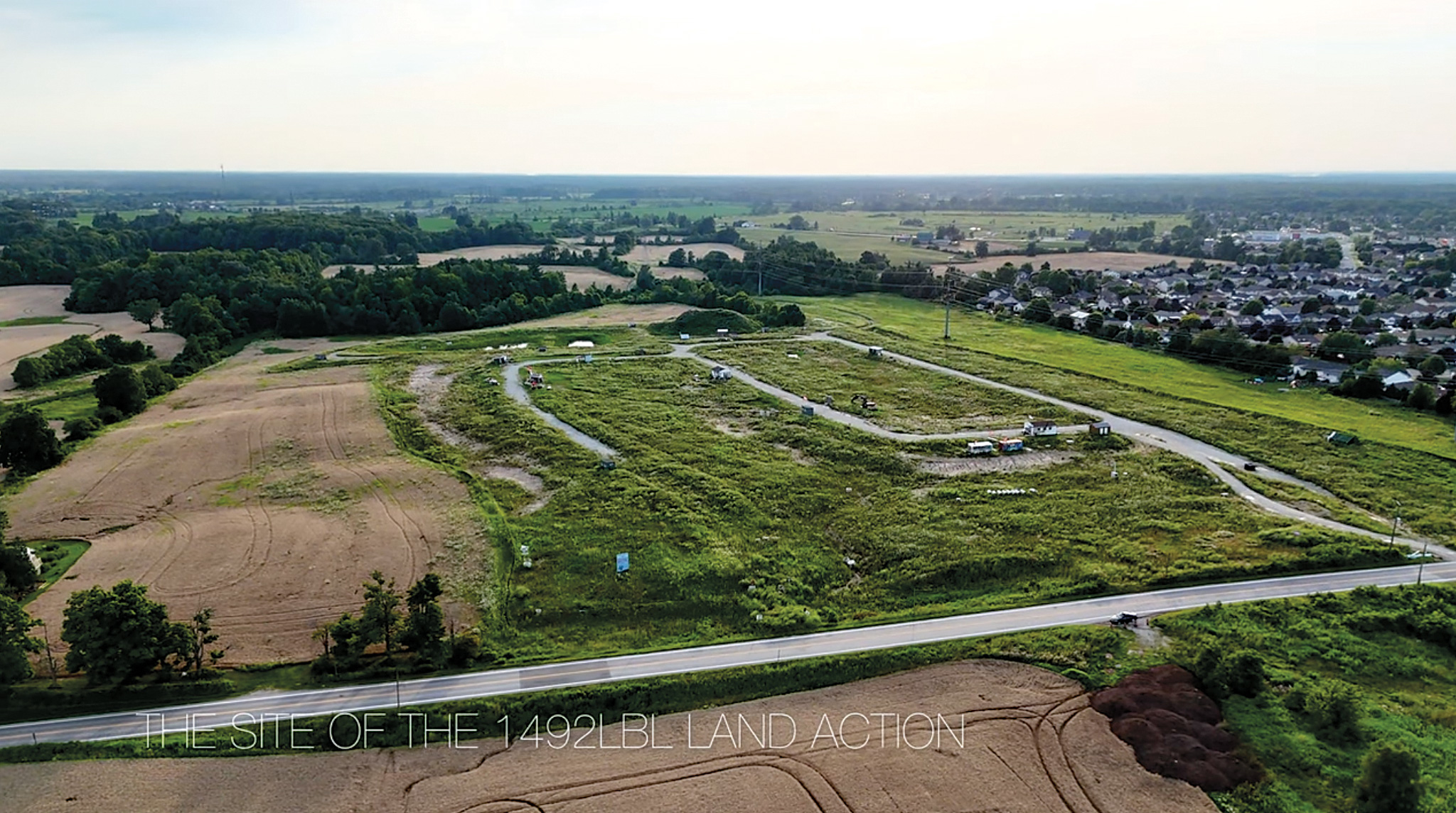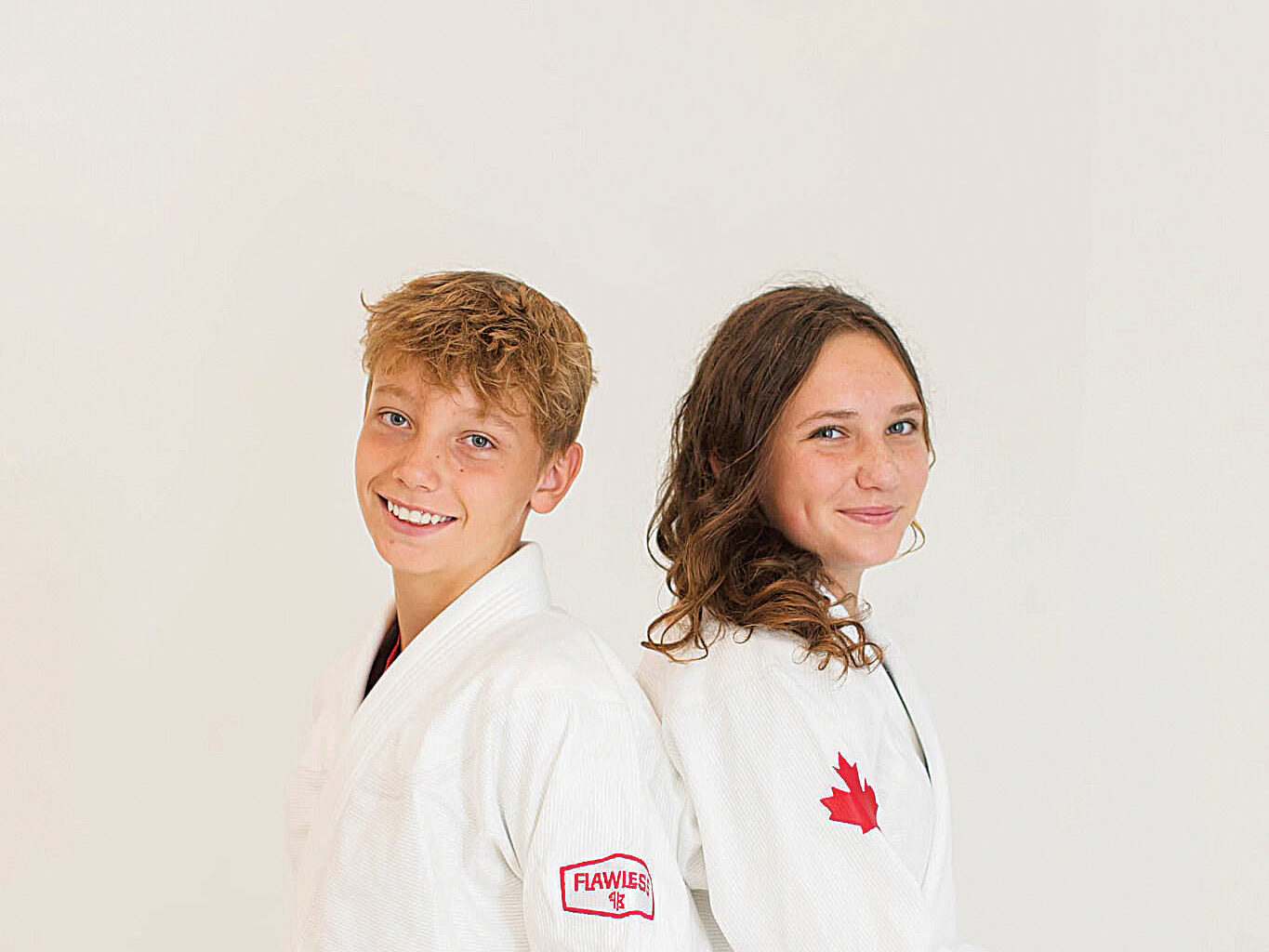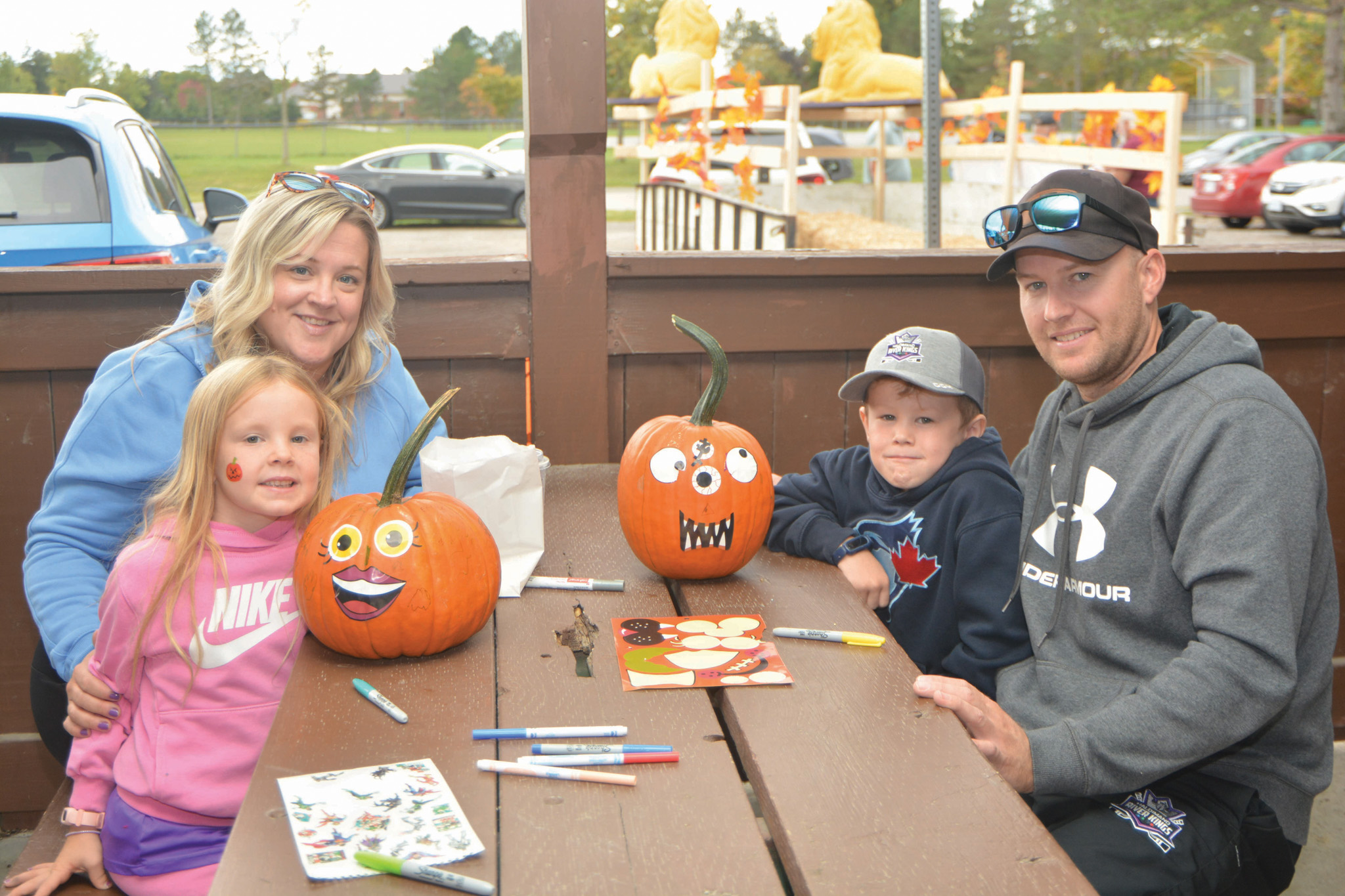Haldimand County’s OPP detachment formally announced the permanent hiring of Insp. Jodi Kays, who has been serving as interim detachment commander since late February. The following has been edited for clarity and space.

When did you decide on a career in law enforcement?
It’s a cliche, but I always wanted to be a police officer. I’ve never really thought about it, but it was just something inside. I didn’t love academics. I wasn’t poor at it, but I didn’t love it. I was always athletic and very much into sports. I fit in with the guys really well, and I knew that I wanted to do something physical. I knew I was a hands-on learner.
Was there a family history of policing?
Nobody in my family were police officers, so I was the first of my family. I grew up in St. Catharines, and if you can imagine 1993, probably not a lot of women in policing then. So my parents, who are quite traditional, were cautious about me going into a profession like policing. They’ve also been supportive.
And you went to college prior to OPP.
I went to school because both of my parents come from blue collar work, and education was huge for them: they wanted to see their kids go to post-secondary school, which they didn’t experience. Niagara Regional Police had a cadet program which I really wanted to partake in, but my mom really wanted me to go to school. So that’s the road I took: I went to Seneca to study biological research and technology. I wasn’t passionate about it, so I had to push myself through that.
Then you applied to the OPP.
While I was in Toronto, I applied for the OPP unbeknownst to them, and the first time that they learned that I was in the process was during my background check. It was, “So I’m in the background phase and we have a family visit coming” whatever day it was. And I was hired in 1993 and my first post was Sharbot Lake.
Urban to rural.
St. Catharines, then Toronto, then Sharbot Lake. It was a good learning experience for me to see a different community, a different way of life. I had thought I knew everything at 22, but obviously not, and so it was a good experience. I spent about three years there and then transferred to Brant County.
You’ve had a diverse range of work in your 30-year career – a frontline face for media, school resources, risk management, a firearms instructor, and a domestic violence investigator; you worked in the child sexual exploitation unit, in provincial intelligence, and in criminal operations. Was this by design?
I had to acquire them. There was always a process that I would have to apply for, and be successful. So I have been all over the place.
More knowledge, more power, more experience.
It’s funny you say that. As a woman in policing, and this is just my own thing, I always felt a need to prove my abilities. And I always thought being well-rounded in different aspects of policing would provide me some solid credibility across the organization.
And here you are now.
And here I am now. I never thought I’d be here. I go for a position because it’s something that interests me. I was never a promotion seeker, and I’m a natural leader. There are different leaders, there are different types of leadership. To see that was a natural thing for me. If I look back in my early 20s, I wouldn’t think that that’s something that would have been a quality of mine. I think it’s something that was accumulated, learned, and when provided great mentorship, which I had, and that has helped set my path.
You left Norfolk to be interim detachment commander here.
I acquired the role through promotion, and was very happy in Norfolk. I was ecstatic to be there. Great office, great community. I’ve been out here since 1996, so I was happy to be close to home and not have a long drive to work any longer. It was nice. Then I was asked to come here, and think a lot of it was knowledge of the community, my partnerships and networking. I have a very good working relationship and personal relationship with Six Nations Police because I worked alongside them a long time ago in Brant County and forged really positive relationships with Brantford City Police and Hamilton Police. And it was kind of a good fit, I think. I’m happy to be here.
There has been a growing disconnect between Haldimand and OPP, then the terrible death of Const. Greg Pierzchala. What can be done to strengthen the relationship?
That’s a really good question, and I really appreciate you asking me that, because I think communication is the key and transparency is the key. We have nothing to hide here. We do great work, a lot of great work. Sometimes it’s just without providing the community too much knowledge to make them concerned, (but) it’s still good to help them understand why we might not be at every place in the community, to address their traffic concerns (as an example). What else is going on that we’re dealing with to help them understand that, and give them a little bit more of a personal understanding of our people here to connect that we’re human beings.
There’s nobody here that doesn’t care about this community and doesn’t want to be here, and that’s what I’d like to change: investment in our community, knowing that there are people here that care, care about our community members and want to do the right thing. That’s really important for people to understand, and I’m hoping to be able to build that relationship. I don’t want to look too much in the past. I don’t really know what has happened to make that (disconnect) happen; I do get a sense of it and I’m just trying to make it so that we are all working together. We all want the same thing: we want a safe community, we want good relationships. We’re all here to do the same thing. So we need to start doing it together. Are our resources sometimes an issue? We’re no different than any other business, or stakeholder. Recruiting is a big thing for us. We are struggling.
How do you want to be remembered?
I want to be remembered as a fair, supportive leader, who did the right thing for the right reasons.
What else should readers know?
I was here during the Douglas Creek Estates conflict, and always wanted to come back here again. I enjoyed my time here, and I’m both appreciative and thankful for the support I’ve had to get here. I’m really happy to be here because it is my community, and I do care about it, and I do want to make it a positive place for the membership here to work and the relationships with the community and my stakeholders.





